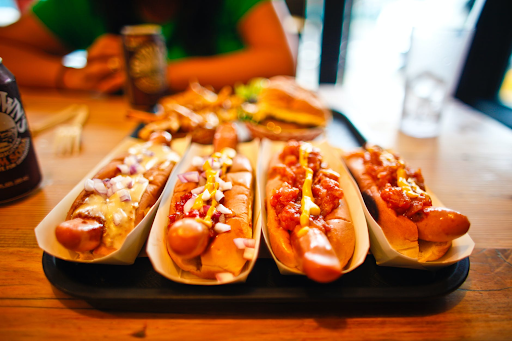We all know that eating healthy and getting the proper nutrients allows our bodies to perform optimally. But while a healthy diet allows us to lead healthier lifestyles, maintain focus throughout the day, and stay more active, it also promotes more restful slumber.
Your diet plays a major role in the quality of sleep you get each night, which is why it’s imperative that you follow ApneaMed’s advice to promote sleep hygiene. Follow along to learn more about the relationship between diet and sleep, including foods to avoid and recommended diet changes.
Avoid Late-Night Alcohol
After a night out, you may find that you fall asleep extremely quickly, making you believe that drinking alcohol has allowed you to fall into a deeper sleep. However, that is not the case! While drinking alcohol may make you fall asleep more quickly, it can cause you to experience sleep disruptions throughout the night that greatly reduce your quality of sleep. If you have an existing sleep disorder, such as obstructive sleep apnea, your symptoms can be heightened.
Watch Your Caffeine Consumption
When feeling tired, you likely turn to a piping hot cup of coffee for that jolt of energy you need to make it through the day. But caffeine isn’t only found in coffee, and individuals often don’t even realize they’re consuming caffeine late at night.
Be mindful of coffee, tea, soda, and chocolate-flavored desserts that will keep you alert and awake when you’re trying to wind down for the evening. Drinking coffee too late in the day can make it more difficult for you to fall asleep at night due to the energy coursing through your veins.
Limit High-Fat Foods
There’s something about a cheesy and juicy hamburger that makes you want to lick your lips. But consuming high-fat meals that are full of fatty meats, butter, and cheese or are deep-fried can leave your stomach not feeling so great afterward. These heavy foods or spicy toppings and condiments can cause you to experience heartburn or acid reflux that leaves you feeling uncomfortable while falling asleep. Because these foods are more difficult for your body to digest, you’ll have a more difficult time relaxing at night.
Reduce Late-Night Snacking
Cravings happen and usually not at the most opportune times. If you constantly find yourself having cravings or snacking an hour or two before bedtime, you are increasing the chances of having disrupted sleep throughout the night. Your body needs adequate time to digest the food you’re putting into it, and snacking too close to bedtime may make it more difficult for you to drift off to sleep. Try having your last snack or meal at least two hours before bedtime.
Eat Enough Throughout the Day
Although eating right before bed can make it more difficult to fall asleep, you may also notice poor sleep quality if you aren’t eating enough throughout the day. If you aren’t eating enough to feel satiated by the time you go to bed, you may find yourself with a growling stomach that prevents you from falling asleep — or wakes you up in the middle of the night.

